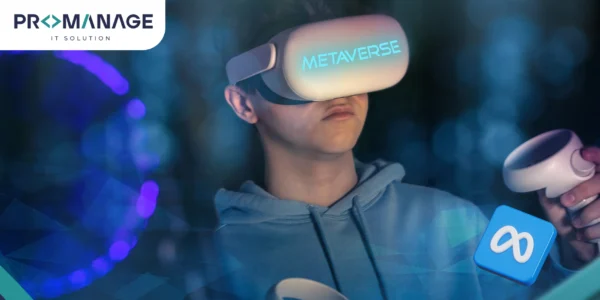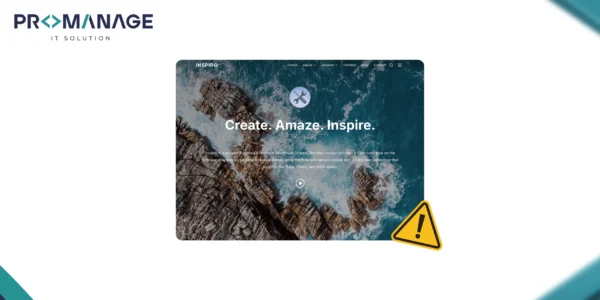Exact vs Broad vs Phrase: What an Adalysis Study Reveals About Google Ads Match Types

For so long, advertisers have argued the efficiency of keyword match types in Google Ads. Should you stick with the exact match for control and efficiency? Or move into broad match and trust Google’s algorithms to find the right queries? And where does phrase match suits in the online world?
A latest Adalysis study of 16,825 campaigns sheds light on how match types actually perform under different bidding strategies. The result shows not just which match types are most efficient! But also where advertisers might be leaving money on the table.
With rumors revolving that Google may finally phase out match types completely. This study is timely. Advertisers still need to optimize for today’s reality and prepare themselves for what’s coming next.
The Big Picture: Exact vs Broad vs Phrase
The Adalysis analysis compared campaigns across e-commerce, lead generation, and various bidding models. Here’s the high-level takeaway:
Exact match remains king of efficiency: Delivering the best CTRs, conversion rates, and ROAS. But impressions are limited.
Broad match is inconsistent but surprisingly powerful! Especially under automated bidding strategies like Max Conversion Value. It generally attracts higher revenue per conversion even after higher CPAs.
Phrase match is the lackluster performer! It rarely beats exact or broad on CPA, ROAS, or revenue, largely because Google implements weaker signals when bidding on phrase terms.
Let’s understand this in simple manner! Exact wins on efficiency, broad wins on revenue potential, and phrase struggles to prove its worth.
E-commerce Campaign Insights
When Adalysis zoomed in on e-commerce advertisers, the findings got even more interesting.
Under Max Conversion Value
- Broad match surpasses when cart values are high. It makes use of Google’s audience and intent signals and determines customers who are willing to spend more.
- Exact match works great for single-product buyers or low-ticket items where efficiency and control are important.
- Phrase lags behind both! It struggles to justify its role in e-commerce accounts.
Under Target ROAS
- Exact match wins again on efficiency! It establishes that advertisers don’t overspend while maintaining strong returns.
- Phrase match surprises here! With large enough datasets, phrase terms generated strong revenue despite weaker signals.
- Broad match remains constant! It’s because of Google’s automation. But you know what? It requires a careful eye on CPAs.
Takeaway for e-commerce: If your business sells high-value carts, broad match under automated bidding might clear the way for revenue you’re missing. But for smaller transactions, exact is safer.
Lead Generation Campaign Insights
For lead gen advertisers: The study shed light on a slightly different story.
Under Max Conversion
- Exact match calls the shots. Leads are generally more sensitive to quality! Exact match keeps queries relevant.
- Broad match produces cheap clicks. But you know what? Lead quality can be questionable. More volume doesn’t always mean sales-ready leads.
- Phrase match struggles with high CPAs. They offer little benefit over exact.
Under Target CPA
- Exact continues to lead! Generally, for accounts that optimize for cost efficiency.
- Phrase holds its own when there’s adequate data volume to guide Google’s bidding.
- Broad match lags unless volume is more important than precision.
Takeaway for lead gen: Exact match is the safest bet. Phrase can play a role with large enough accounts! But broad often compromises on lead quality for volume.
How Match Types Perform with Other Bidding Strategies
The study also rose above automated strategies to see how manual and impression-based models performed.
Manual CPC
- Exact match rules! It provides the best balance of control and performance.
- Broad match is mostly used by smaller advertisers chasing quick volume but compromising efficiency.
Phrase continues to disappoint.
Max Clicks
- Broad match grows here! It scoops up cheap clicks and drives the lowest CPAs.
- Exact performs determinedly but with fewer clicks.
- Phrase falls short again! It fails to capture value.
Target Impression Share
- Exact controls brand and conquest campaigns. It guarantees advertisers capture the most relevant impressions.
- Phrase often matches irrelevant queries! They compromise campaign goals.
Why Broad Match Sometimes Wins
The biggest surprise in this study was how broad match outperformed in revenue per conversion, especially under Max Conversion Value bidding.
Why? The answer lies in Google’s unique bid signals:
- Audience demographics
- Shopping behavior
- Device and time context
- Search journey patterns
Google’s system applies these signals far more aggressively to broad match keywords. As a result, broad terms sometimes capture buyers who are ready to spend more – something exact match doesn’t always catch.
Why Phrase Match Struggles
At first glance, phrase match looks like the “safe middle ground” between exact and broad. But in practice, the study shows it often underperforms both.
The reason? Phrase keywords don’t get the benefit of Google’s strongest bid signals, yet they’re not as controlled as exact. That leaves them in a gray area where efficiency is harder to achieve.
For most advertisers, the phrase ends up being the “problem child”. Neither efficient like exact, nor powerful like broad.
Practical Recommendations for Advertisers
| Recommendation | When to Use | Key Notes |
| Start with Exact Match | Lead generation and single-product eCommerce | Best for efficiency, control, and predictable CPAs |
| Layer in Broad Match Carefully | With Max Conversion Value or Target ROAS bidding | Monitor CPAs closely; can drive higher revenue per conversion |
| Use Phrase Match Sparingly | Large accounts with enough data | Often underdelivers vs. alternatives; helps stabilize bidding |
| Test Based on Business Model – eCommerce (High Cart Values) | Broad Match + Max Conversion Value | Maximizes revenue per conversion |
| Test Based on Business Model – Lead Generation | Exact Match | Protects lead quality |
| Test Based on Business Model – Brand Protection/Conquesting | Exact Match + Impression-Share Strategies | Ensures competitive visibility |
| Keep Experimenting | All accounts | Match type performance evolves with Google automation; test regularly |
Why This Matters for Advertisers
The choice of match type directly influences ROAS, CPA, and overall efficiency. Advertisers who depend too heavily on one type may be passing up an opportunity.
This study shed light on a critical mindset shift:
- Exact match is not always the only “right” answer.
- Broad match: It is often dismissed as wasteful! But it can actually generate higher-value conversions in the right setup.
- Phrase match usually isn’t worth it for most advertisers! Even though it looks like a “middle option.”
Final Word
Google Ads is moving toward a world where automation and signals matter more than strict keyword control. Match types still play a role today, but their impact varies by bidding strategy, campaign type, and business goals.
The Adalysis study makes one thing clear:
- Exact match for control.
- Broad match for revenue potential.
- Phrase match only if you must.
Advertisers who adopt this nuance will be better prepared for today’s campaigns and whatever Google changes tomorrow.













SEO Team Lead
Preeti is a skilled SEO Team Lead passionate about boosting organic traffic and improving search rankings. She leads with data-driven strategies to help businesses grow online effectively.